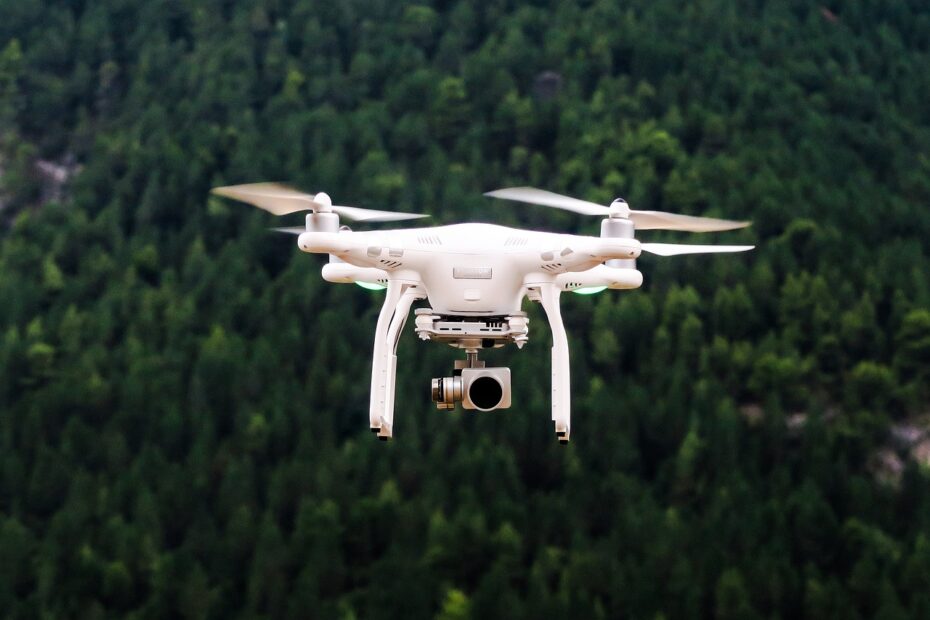Introduction
Introduce the growing use of drones in surveillance and security contexts. Highlight the ethical implications of their deployment in both public and private sectors.
1. Overview of Drone Technology
- Definition and Types: Explain what drones are and the different types used in surveillance and security.
- Applications: Discuss various applications, including law enforcement, border control, and private security.
2. Ethical Considerations in Drone Surveillance
- Privacy Issues: Analyze the impact of drone surveillance on individual privacy rights. Discuss how drones can infringe on personal spaces and the implications for civil liberties.
- Consent and Transparency: Explore the importance of obtaining consent and ensuring transparency in drone operations.
- Data Collection and Usage: Discuss ethical concerns related to the data collected by drones and how it is stored, shared, and utilized.
3. Potential Benefits of Drones in Security
- Crime Prevention and Response: Highlight how drones can enhance public safety by providing real-time surveillance and rapid response capabilities.
- Cost-Effectiveness: Discuss the economic benefits of using drones compared to traditional surveillance methods.
4. Risks and Challenges
- Misuse of Technology: Address concerns about the potential for abuse by governments or private entities, including surveillance overreach and targeting of specific communities.
- Accountability and Regulation: Explore the lack of clear regulations governing drone use in surveillance and the need for accountability mechanisms.
- Technological Limitations: Discuss the challenges related to data accuracy, bias in surveillance technologies, and the potential for false positives.
5. Public Perception and Social Impact
- Trust in Law Enforcement: Analyze how drone surveillance affects public trust in law enforcement agencies.
- Community Resistance: Discuss instances of community pushback against drone surveillance initiatives and the reasons behind these reactions.
6. Future Directions
- Policy Development: Explore the need for comprehensive policies and guidelines to govern the ethical use of drones in surveillance.
- Technological Advances: Discuss how advancements in AI and machine learning could influence ethical considerations in drone surveillance.
- Community Engagement: Highlight the importance of involving communities in discussions about drone usage to ensure their concerns and rights are addressed.
Conclusion
Summarize the ethical dilemmas posed by the use of drones in surveillance and security. Emphasize the need for a balanced approach that considers both the benefits and ethical implications to ensure responsible use.
